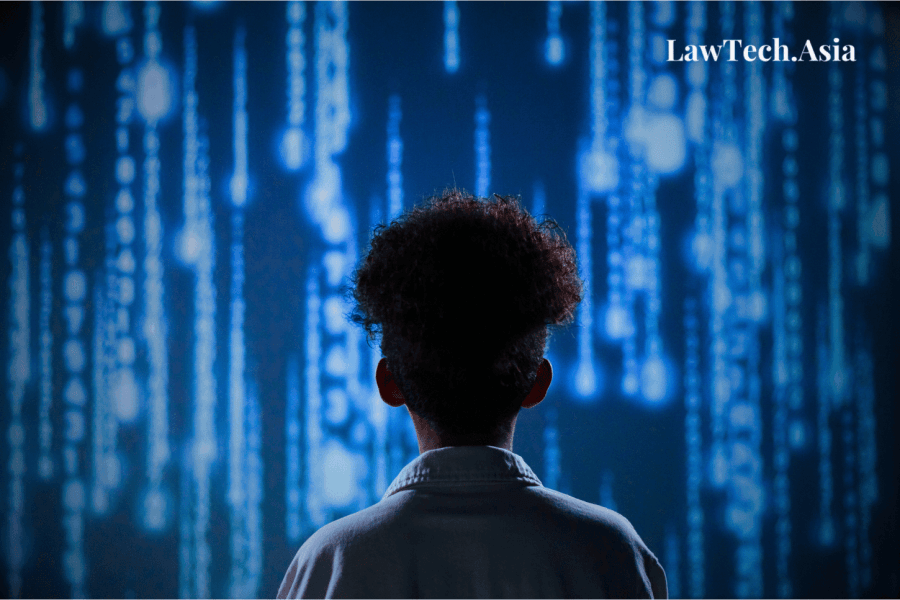Written by Eunice Huang and Josh Lee Kok Thong
Artificial intelligence (“AI”) is reshaping industries, economies, and societies worldwide. Governments across the Association of Southeast Asian Nations (“ASEAN”) intuitively understand the huge opportunity that AI can bring for their societies, and are looking for ways to foster AI innovation while carefully managing risks and challenges. At the same time, there is also growing recognition that it would be neither appropriate nor sufficient to mimic the AI regulatory approaches adopted by other jurisdictions such as the EU, China and US. Countries in ASEAN can and must chart their own regulatory pathway that is suited to Southeast Asia’s unique context, building on the region’s historically open and pro-innovation posture.
This article submits that ASEAN governments already have good, context-adapted regional resources they can use as a basis for their domestic AI governance frameworks. In particular, resources such as the ASEAN Guide on AI Governance and Ethics (February 2024) and the Expanded ASEAN Guide on AI Governance and Ethics on Generative AI (January 2025) (collectively, the “ASEAN Guides”) can serve as valuable reference points for ASEAN governments who are considering their AI governance options. These guides provide a contextually-relevant basis for formulating AI governance in Southeast Asia’s unique context. Drawing reference from these guides will also help promote greater interoperability and common standards across ASEAN. This will in turn enable AI innovation to flourish across the region, boosting ASEAN’s overall competitiveness, and advancing the ASEAN Economic Community.





